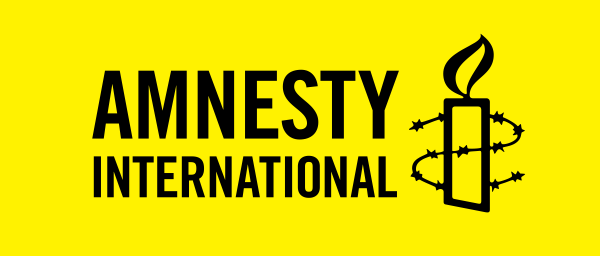 Urgentní
Urgentníakce
© Justice for Iran
Přes 12 let vězení za umění a aktivismus!
Případ
Svoboda slova a vězni svědomí Írán publikován 9.9.2015
Íránskou dívku Atenu Farghadaniovou odsoudili k více než dvanácti letům vězení za její uměleckou práci a poklidný aktivismus. Měla jen dvacet dní na odvolání. Nyní je konečně volná.
Atena je 29letá malířka a aktivistka. 1. června jí odsoudili ke 12 letům a 9 měsícům vězení. Obvinění byla „shromažďování a tajné dohody proti národní bezpečnosti“, „urážení členů parlamentu kresbami“, „šíření propagandy proti systému“, „urážka prezidenta“ a „urážení íránského nejvyššího vůdce“. Tato obvinění vychází z Ateniných poklidných aktivit, například jejího kontaktu s rodinami politických vězňů, protivládních příspěvků na Facebooku a jejího kreslení. Atena pořádala výstavu na uctění památky mrtvých při zásahu, který následoval po sporných prezidentských volbách v roce 2009. Také nakreslila satirickou kresbu parlamentní snahy prosadit zákon, který kriminalizuje dobrovolnou sterilizaci a omezuje přístup k antikoncepci a plánovanému rodičovství.
Po Atenině zatčení následoval nespravedlivý soud, který trval méně než půl dne. Důkazy byly založeny na dlouhých výsleších. Výslechy byly prováděny v době, když byla Atena držena na samotce ve věznici Evin. Po tuto dobu neměla přístup k rodině ani právníkovi. Pokud její odvolání nebude úspěšné, bude ve vězení 7,5 roku za nejzávažnější obvinění – „shromažďování a tajné dohody proti národní bezpečnosti“. Podle nového trestního zákoníku z roku 2013, musí v Íránu vězeň usvědčen z mnoha obvinění odsedět pouze nejdelší jednotlivý trest.
Ateně bylo odepřeno právo na svobodu projevu, spravedlivý soudní proces a právo nebýt mučena nebo podrobována nelidskému nebo ponižujícímu zacházení. Amnesty ji proto považuje za vězeňkyni svědomí.
Atena byla 4. května 2016 propuštěna na svobodu, ovšem se čtyřletým odkladem tříletého trestu za ,,urážku Nejvyššího Íránu", což znamená, že Ateně nadále hrozí uvěznění. Původní rozsudek k 12 rokům a 9 měsícům vězení byl původně změněn na 18 měsíců, z kterých už Atena většinu odseděla.
Aktuality
Článek publikován 19.5.2016
Atena Faraghadaniová propuštěna!
Atena Farghadaniová, umělkyně a aktivistka, byla 3. května 2016 propuštěna z vězení Evin.

